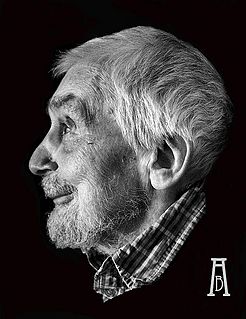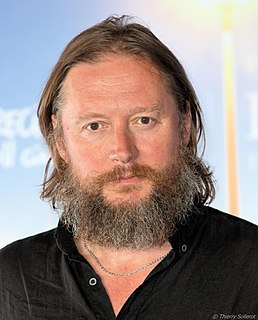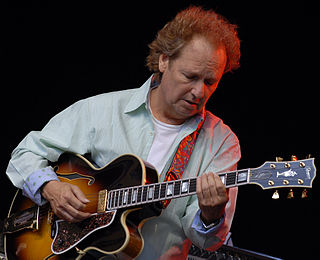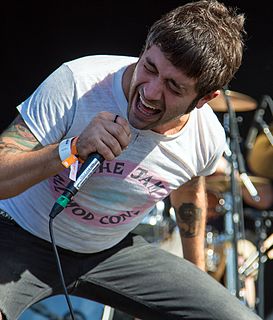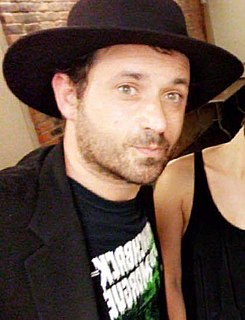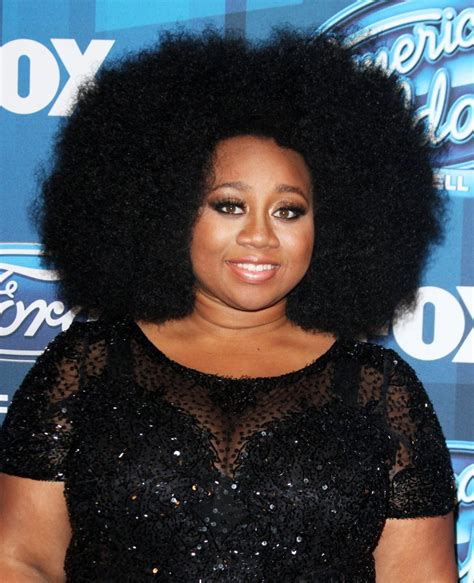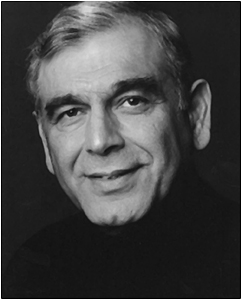A Quote by Edwin Morgan
I just discovered when I was, oh, 12 or 13, that I was very interested in language - and this showed itself as poetry. There was no looking back.
Quote Topics
Related Quotes
I don't have any interest in doing superhero franchise movies. I don't connect to the fantastic and I'm not a comic person, it's just not my thing, so I'm not looking in that direction - but ambitious films on a big scale I'm very interested in looking at. I'm interested in reality, I'm interested in people, so it's just about finding a project I'm interested in.
When I devoted myself to poetry - and poetry is a very serious medium - I don't think the people that knew me as an individual with that tongue-in-cheek kind of humor...well, it didn't always lend itself to my poetry. When you're writing poetry, it's like working with gold, you can't waste anything. You have to be very economical with each word you're going to select. But when you're writing fiction, you can just go on and on; you can be more playful. My editor's main task is to cut back, not ask for more.
We were discovered by Don Fury; he was the first record producer who discovered us and essentially plucked us out of the rough. But I think in another way, we were discovered when we discovered each other, right before we started high school. We were 12 and 13. I don't want to speak for Justin Beck, but that's a big moment, linking up with your foil for the first time. Glassjaw definitely changed my life in the biggest way possible.
That is a horrible thing in a way, but it is the one thing poets can bring back to experience, this intense focus on language, which activates words as a portal back into experience. It's a mysterious process that's very hard to articulate, because it's focused entirely on the material of language in a way, but in the interests not just of language itself whatever that would mean - that's the mistake, by the way, that so many so-called "experimental" poets make - but in service to human experience.
I found poetry at 12 and 13 and, lo and behold, learned that my attorney father had a background in poetry - as he wore dashikis and Afros in the '70s and named his kids Arabic names. He was a poet and a lot like The Last Poets and Gil Scott-Heron and all of these folks. He definitely was an artist.
I mean, what's thematic? How to put it? Going back to, like, 1980, when I started writing poetry. Language itself became an issue. I'd even think about font as an aspect of text, you know, how something looks on a page. A lot of this is the product of a very solitary existence, it's like, language, I mean, you know. A lot of time spent alone in the creation of all of this stuff.
